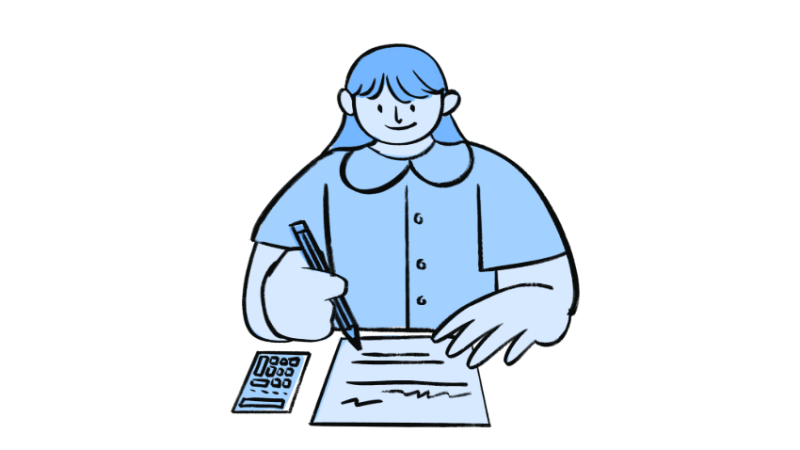We Need To Give CPD The Same Consideration As We Do Children’s Learning

Our goal is to nurture self-directed learners, and I’m a firm believer that we should practise what we preach. After all, are we not perfect role models for lifelong learning?
- by Andi Turner
- Early years mentor, provider and blogger

There was a time when I was doing CPD of one kind or another all year round – evenings and weekends – whether it was attending seminars, conferences or going to uni. Today, you’re likely to find me investing in my personal and professional development by participating in online workshops, watching videos and reading blogs and magazines.
They’re accessible from mobile devices and often completely free. I can stop and restart when I like, meaning I can participate in the morning over my first coffee; in the doctor’s waiting room; and even while I’m working out (yup).
Aside from the flexibility and convenience of it all, this also means that when I experience some bad CPD (and I have) my losses are restricted to a waste of time rather than time and money. Had money actually been exchanged for a course, I’d be compelled to endure it and try to find even the teensiest measure of profitableness just to feel like I was getting my money’s worth even if I knew I wasn’t.
In fact, a rather unexpected consequence of the annihilation of our local authority early years budget, which has seen a shift away from the more formal and traditional CPD (accredited and non-accredited) is that I am actually getting a better return on my most valuable commodity: my time. For I’m choosing how much of it I spend on CPD, and I’m choosing more meaningfully.
Log your learning
I give the same consideration to my CPD as I do to children’s learning and development. Our goal is to nurture self-directed learners, and I’m a firm believer that we should practise what we preach. After all, are we not perfect role models for lifelong learning?
So, I go back to my basic teacher training and reflect upon the CPD I’ve just experienced. I ask myself: What do I know now that I didn’t know before? How will I use what I now know to improve my practice or enhance my provision? Will it have an impact on children’s outcomes – in what way? I write down very brief observations with ideas about putting what I’ve learned into practice. Do I need to do further research or acquire new resources? I set myself a date to implement the initiative and to review its impact: are the changes having a positive effect – what are they? Who is benefiting? How can I do it better? All of this goes into my CPD log.
This might seem laborious, but if children’s experiential learning is intensified by the use of challenging activities then shouldn’t ours too? That 15 minutes of reading one little blog on deconstructed role play may have led to a further five hours of reading around the subject, then discussing challenges and success stories with peers on social media; another two hours discussing your findings with your team, assessing the pros and cons and making plans; another four hours sourcing washing lines, bungees, lengths of fabric and pulling together all the resources you already have; and an entire weekend of clearing out a section of under-utilised garden.
When all’s said and done, that 15 minutes of CPD has become closer to a 20-hour investment of time and energy. But you’ve not done it merely to amass certificates for a folder; you’ve done it for a specific reason and you’ve documented it.
So when that dreaded day arrives and the inspector asks me, “So how did the ‘transitions and school readiness webinar’ impact on children’s learning and development?” I know that my CPD log has it covered – and while I may well receive some other recommendation, it won’t be, “The current arrangements for professional development do not focus precisely enough on raising the quality of teaching to the highest possible level.”
Remember, there’s no automatic link between any CPD we undertake and our professional practice. On its own, attending training is not going to make us more effective practitioners, which is why a bunch of meaningless certificates won’t cut it. Assessing learning and planning next steps are crucial stages in the learning process. But then again, we already know this, don’t we?
Andi Turner is an outstanding early years practitioner, mentor and blogger. Read more from her here.










